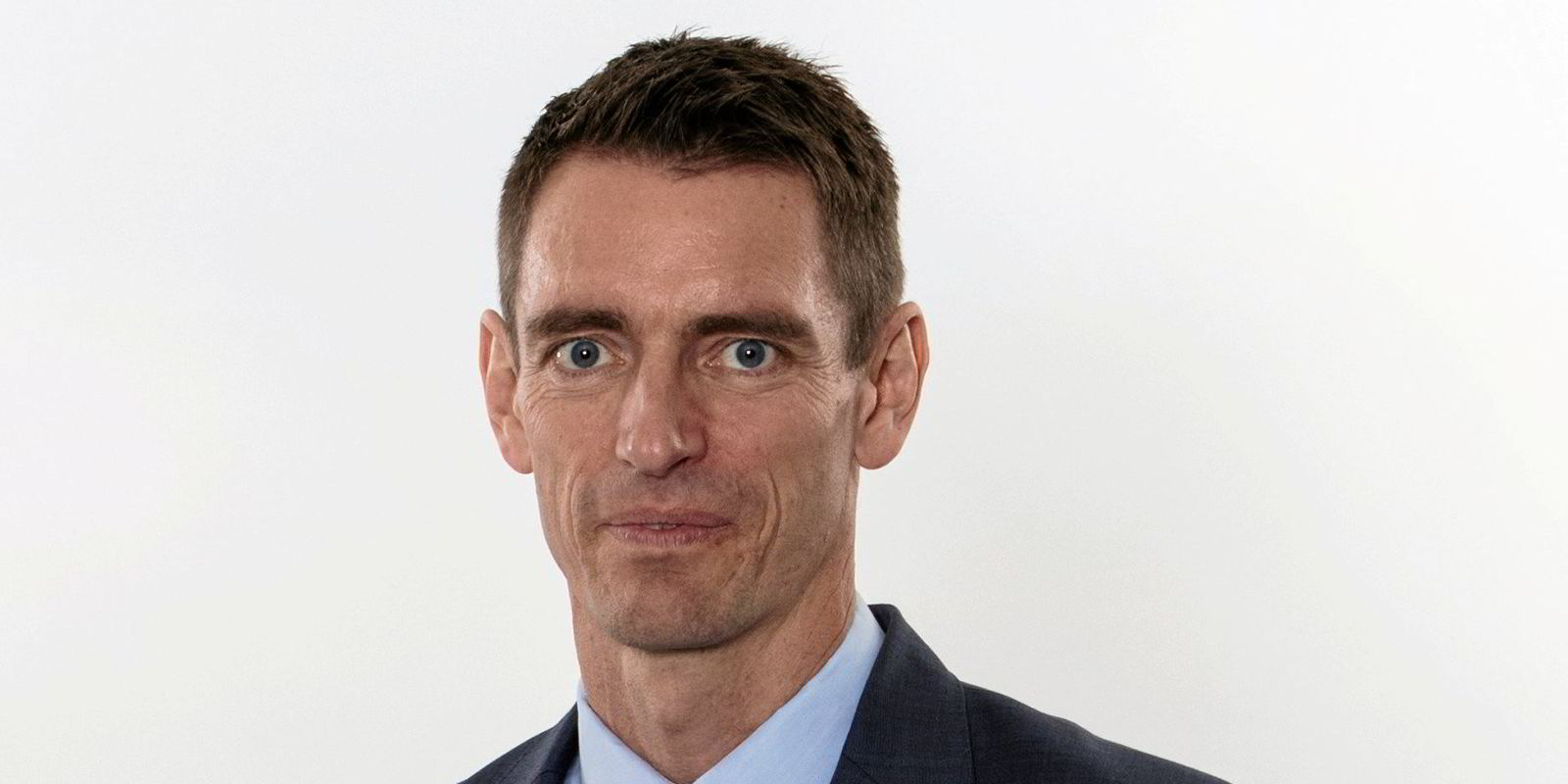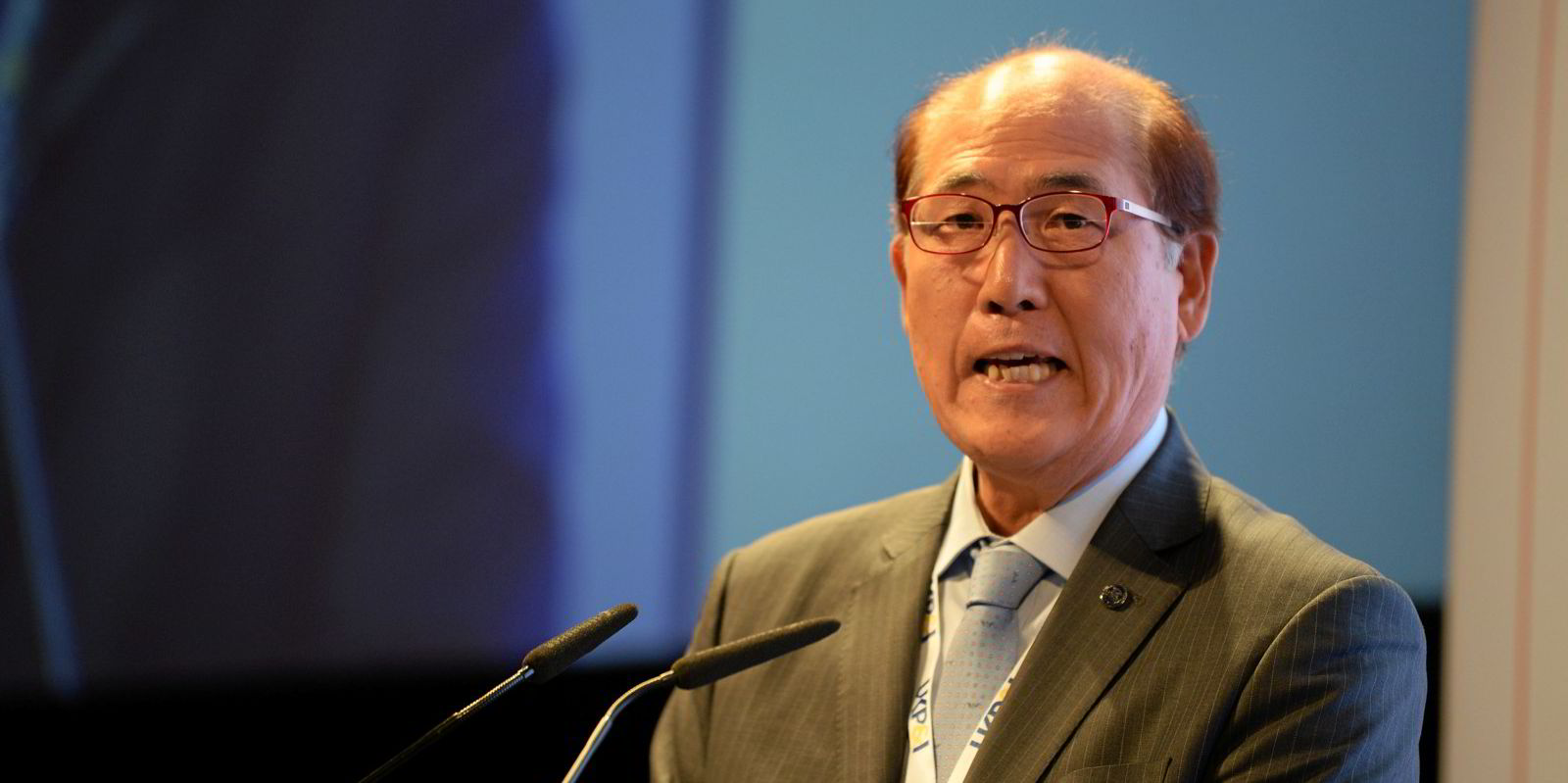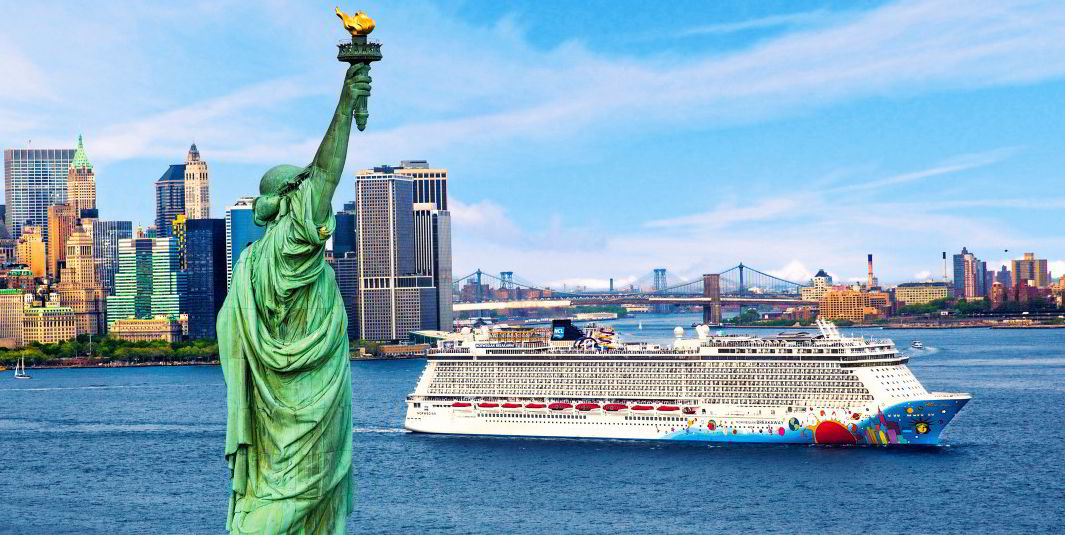As the International Maritime Organization’s top environmental body, the Marine Environment Protection Committee, continues its biannual policy meeting this week, a momentous issue is on the agenda: whether to pursue a global carbon levy on shipping fuel in order to drive decarbonisation of the global shipping fleet forward.
The question is whether the IMO and its member delegates are ready to show real leadership on a question of vital interest not just to the shipping industry but also to the future of the planet.
Maritime carbon emissions have been increasingly in focus over the last year, as nations and companies around the globe have stepped up and made it a focused agenda point.
The momentum towards an intensified global decarbonisation effort is unmistakable in the preparations for the crucial COP-26 summit in Glasgow this November.
Yet the response to the challenge from the leading United Nations oversight body for the industry remains equivocal at best.
It is time for the IMO, as the regulating body for this global sector, and its member delegates to prioritise establishment of a sustainable long-term framework for decarbonising shipping by creating a level playing field between current high-carbon fuels and zero-carbon, hydrogen-based alternatives.
The idea of a carbon levy on shipping has made extraordinary progress since Trafigura first proposed it last September.
It has moved from being seen as unrealistic and unlikely to succeed, to the very mainstream of the global shipping industry, now backed by such leading firms as AP Moller-Maersk and institutions such as Bimco and the International Chamber of Shipping.
An unusual position has now been reached, in short, where the industry is calling, almost with one voice, for regulation, where charterers such as Trafigura are saying they are prepared to pay for it on an equal level playing field, and where it is governments that are hesitating over how to respond.
Fee-bate levy
The basic concept is simple: high-carbon bunker fuels would be subject to a carbon levy according to their carbon intensity, and the proceeds should mostly be used to subsidise purchase of zero or low-carbon alternatives such as green ammonia — potentially through a so-called "fee-bate" structure.
The attraction of the fee-bate levy proposal is essentially threefold.

First, it enables implementation of a zero-carbon fuel strategy within the next three to five years, and is thus guaranteed to reverse the rising trend in emissions in a hard-to-abate sector that has been observed in recent years and is set to continue in the absence of regulatory change.
Second, it is market-based and aims at incentivising investment by shipowners and operators in zero-carbon technology. Agreeing a carbon levy by 2023 would provide the clarity and certainty investors, fuel off-takers and shipowners need to invest in zero-carbon fuels and the technology and infrastructure they require, in time for zero-emission vessels to start entering the global fleet by 2025.
And a significant amount of investment into zero-carbon fuels is available to respond to the clear market signal a global levy would provide. Without such a market-based framework, there is a real risk that failure to respond to societal pressure to decarbonise will make shipping impossible to invest in.
Third, the balance of a tax and a subsidy — or a cap and trade scheme — means proceeds from the tax are channelled back into the industry, as well as setting aside some money to fund research and development into green fuels and to support developing small island states that are already being affected by rising sea levels caused by global warming.
Imposing a carbon tax alone, with the proceeds paid to governments, risks missing a historical opportunity to accelerate the uptake of zero-carbon fuels, cushion the impact on vulnerable nations and incentivise the investment required to shift a high-emissions, hard-to-abate sector to a zero-emission future.
So once again, this is a moment for the IMO and the member delegates to show leadership in making the global carbon levy a priority. There is no more important issue facing the shipping industry today, and there are few unresolved issues more important in the struggle to reduce global emissions to net zero. In taking this step, with the backing of the shipping industry, the IMO would win itself a place on the right side of history.
Rasmus Bach Nielsen is global head of fuel decarbonisation at Trafigura
Do you have an opinion to share? Email: news@tradewindsnews.com






